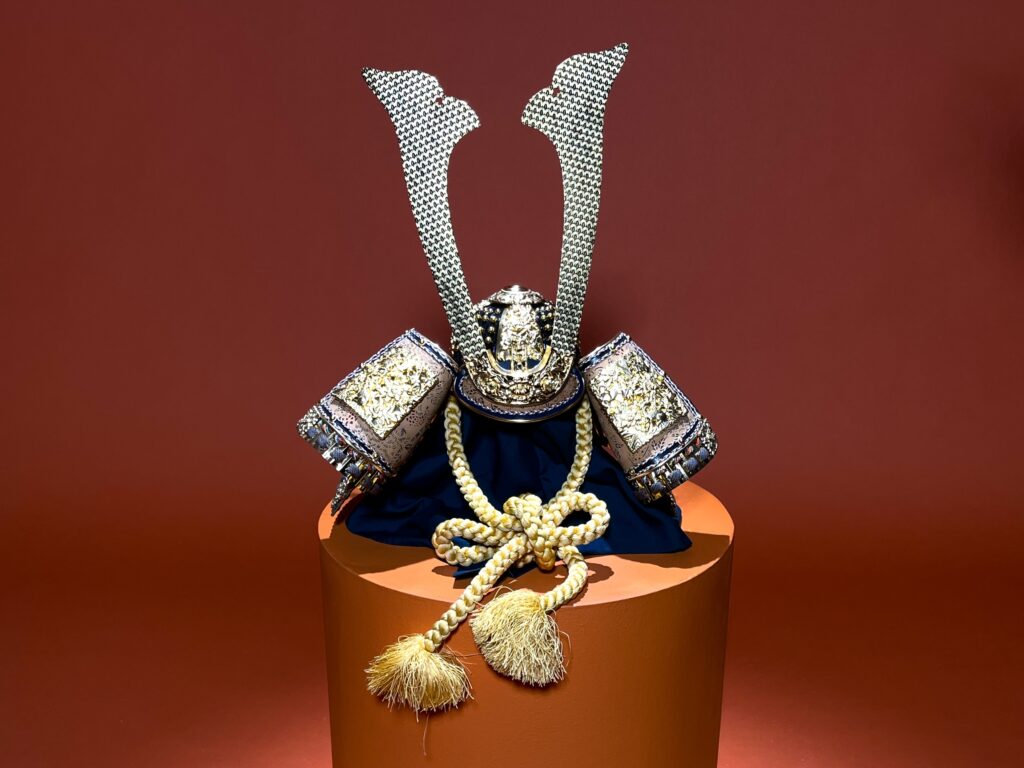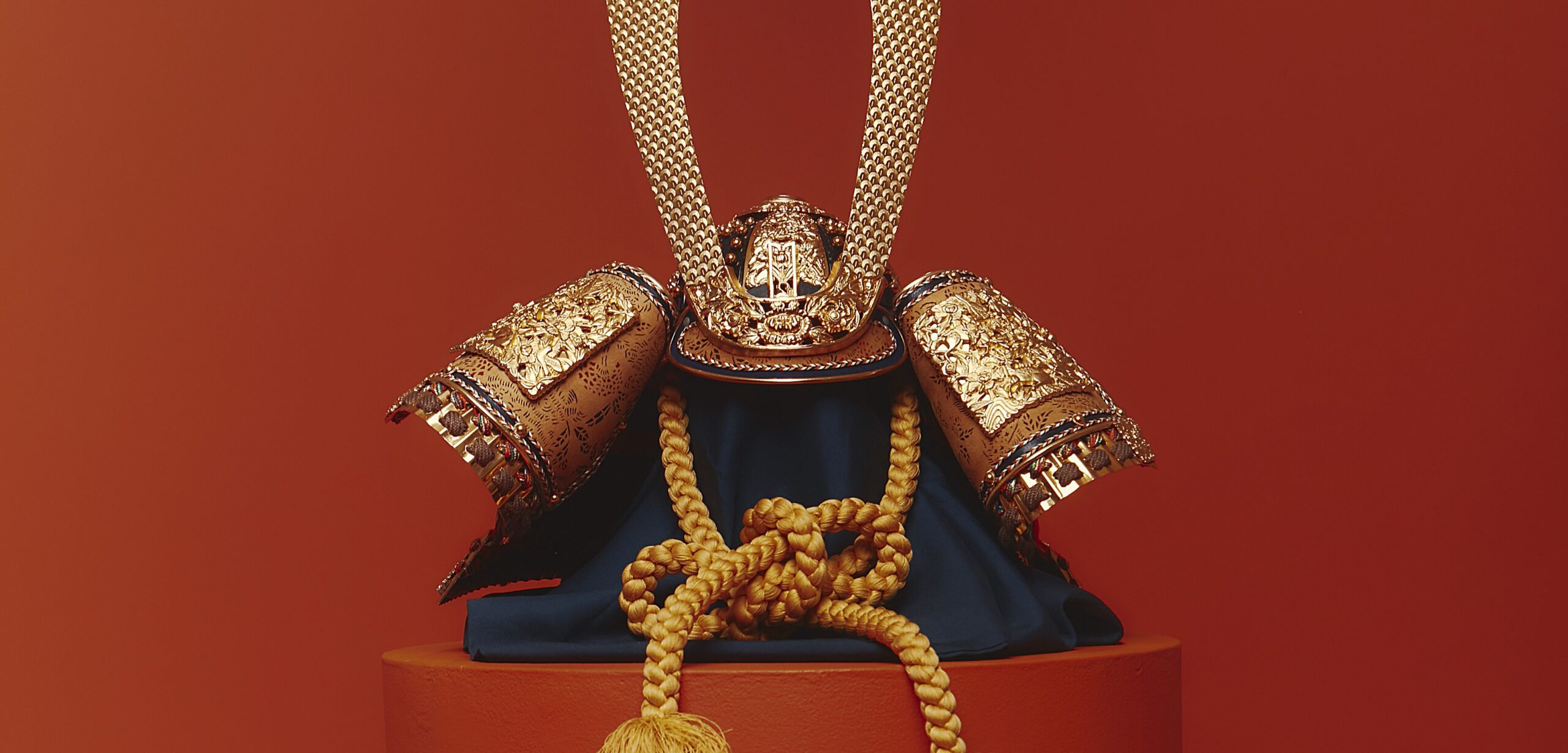Among the thousands of letters and messages sent by fans from all over the world to Ayrton Senna’s office in São Paulo, one particular package caught the driver’s attention. Inside a decorated wooden box was a rare item: an authentic samurai helmet — a symbol of Japan’s classical culture.
The piece, made of metal, fabric, and leather, was handcrafted by a workshop that has been in operation for 190 years in Japan. Ayrton made a point of taking the helmet home and keeping it with great affection, mainly because of his identification with what the samurai represent in Japanese culture: discipline, skill, and loyalty — values that defined not only his career but also his character. Since then, the helmet has been preserved by the team responsible for maintaining the Senna family collection.

The samurai helmet was sent by Minae Uchida in 1988, the year of Senna’s first Formula 1 World Championship. That victory — which celebrates its 37th anniversary this October — was sealed in an epic race at Suzuka. Senna overcame difficulties at the start, fought his way through the field, and climbed to the top step of the podium.
It was in front of the passionate Japanese fans that Senna secured all three of his world titles (1988, 1990, and 1991). Moreover, between 1987 and 1993 — the peak years of his Formula 1 career — the Brazilian worked closely with several Japanese engineers. His deep connection with the country and its people remains strong to this day.
Senna continues to enjoy remarkable recognition in Japan. A recent survey conducted in October by Senna Brands — the company created by the driver’s family to manage the Senna and Senninha brands — revealed that 8 out of 10 Japanese people who know of the driver feel connected to his story. The same study also found that just over 40% of young people aged 18 to 29 view Senna as a contemporary reference for fashion and lifestyle.
The driver’s legacy serves as inspiration for 4 out of 10 young Japanese. It’s no coincidence that the helmet of the “Formula 1 Samurai” carries even greater meaning today — for both Brazilians and Japanese — as it embodies timeless values and a powerful message about never giving up, overcoming challenges, and pushing one’s own limits to achieve victory.

